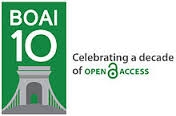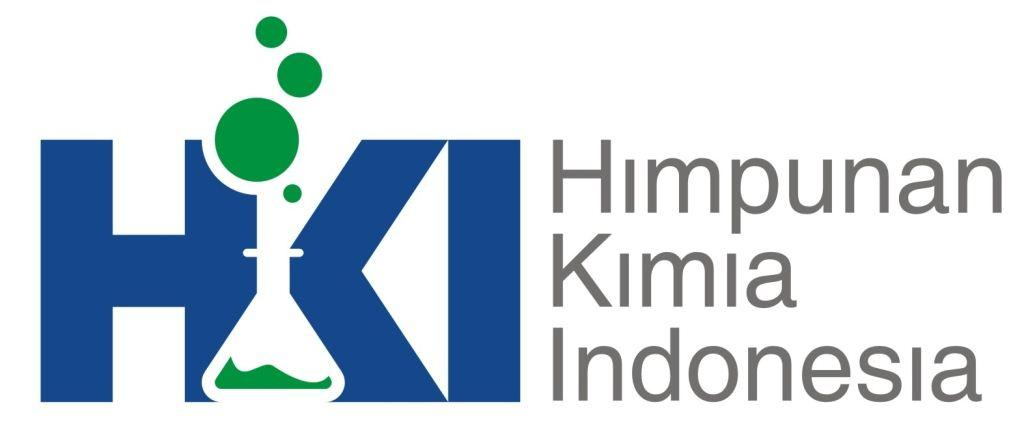Editorial Policies
Focus and Scope
Jurnal Kimia VALENSI is a journal published by Chemistry Department, Faculty of Science and Technology, UIN Syarif Hidayatullah Jakarta. The journal aims to disseminate cutting-edge research in all areas of chemistry both theoretical and experimental studies. Jurnal Kimia VALENSI provides readers with original research articles and reviews.
We welcome articles coming from Indonesia and overseas, capturing the rapid development of chemistry, including:
- Theoretical and computation chemistry
- Environmental chemistry
- Material, composite dan polymer chemistry
- Organic synthesis and natural product chemistry
- Food and medical chemistry
- Biochemistry
- Analytical chemistry
The author is solely responsible for the content of published articles and understood that submitted work is based on original results which has not been published previously. All accepted articles are reviewed by a team of experts.
Section Policies
Articles
 Open Submissions
Open Submissions Indexed
Indexed Peer Reviewed
Peer Reviewed
Jurnal Valensi Volume 3//No.2//November 2013
 Open Submissions
Open Submissions Indexed
Indexed Peer Reviewed
Peer Reviewed
Jurnal Valensi Vol. 4// No. 2// November 2014
 Open Submissions
Open Submissions Indexed
Indexed Peer Reviewed
Peer Reviewed
Jurnal Kimia VALENSI, Volume 9, No. 2, November 2023
 Open Submissions
Open Submissions Indexed
Indexed Peer Reviewed
Peer Reviewed
Jurnal Kimia VALENSI, Volume 10, No. 1, May 2024
 Open Submissions
Open Submissions Indexed
Indexed Peer Reviewed
Peer Reviewed
Jurnal Kimia VALENSI, Volume 10, No. 2, November 2024
 Open Submissions
Open Submissions Indexed
Indexed Peer Reviewed
Peer Reviewed
Jurnal Kimia VALENSI, Volume 11, No. 1, May 2025
 Open Submissions
Open Submissions Indexed
Indexed Peer Reviewed
Peer Reviewed
Jurnal Kimia VALENSI, Volume 11, No. 2, November 2025
 Open Submissions
Open Submissions Indexed
Indexed Peer Reviewed
Peer Reviewed
Peer Review Process
Jurnal Kimia VALENSI is a biannual journal published since 2015. All submitted work should be written in English. The manuscripts use double-blind review and will be evaluated by at least two experts. When a new submission is received, a journal editor will examine the manuscript and determine its appropriateness for the peer-review process. Articles that meet initial screening will be send out to the reviewers. When this occurs, the authors must revise manuscript and return to the journal editor at the date given. The journals editorial board will then consider the peer reviewers reports and assemble the final decision to accept or reject the manuscript for publication.
Publication Frequency
The journal is published twice a year on May and November
Open Access Policy
This journal provides immediate open access to its content on the principle that making research freely available to the public supports a greater global exchange of knowledge.
This journal is open access journal which means that all content is freely available without charge to users or / institution. Users are allowed to read, download, copy, distribute, print, search, or link to full text articles in this journal without asking prior permission from the publisher or author. This is in accordance with Budapest Open Access Initiative


Archiving
This journal utilizes the LOCKSS system to create a distributed archiving system among participating libraries and permits those libraries to create permanent archives of the journal for purposes of preservation and restoration. More...

